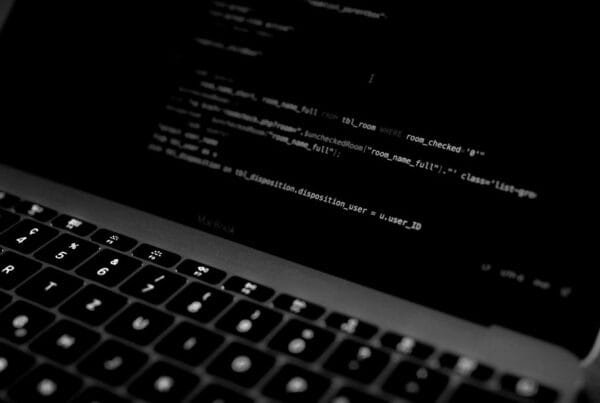Keeping your computer updated might seem like a small task, but it plays a crucial role in ensuring the longevity and efficiency of your device. From security enhancements to performance boosts, regular updates are essential for maintaining the health of your computer and safeguarding your data. Here’s why updating your computer should be a top priority.
1. Enhanced Security
In order to protect your computer from cyber threats, updating the software regularly is crucial. This is because updates typically include protection against developed threats or system vulnerabilities. By updating your computer on a regular basis, you can ensure that weak spots are patched up. This will minimize the risk of unauthorized access and potential data breaches.
Oftentimes, ransomware attacks are carried out by exploiting the vulnerabilities inside outdated software. An update that patches these risks will safeguard your personal and sensitive information.
2. Enhanced Performance
Software developers are constantly working towards bettering and advancing your current devices and software. This includes added abilities, quicker speeds and overall quality improvements. Updating your software regularly can lead to a smooth and responsive computing experience. Features that are slow or buggy on your devices, can be easily fixed through software and operating system updates. Many applications only run on newer versions of software and operating systems. That means, if you are not regularly updating your computer or other device, you may not be able to use specific features that you were able to prior.
3. New Features and Functionality
Updates are not just about fixing problems; they also introduce new features and functionalities. Operating system and application updates often include enhancements that can improve your workflow or provide new capabilities. For example, a system update might introduce advanced security features, improved user interfaces, or new tools that can enhance your productivity. Think about Apple updates, when a major iOS update comes out every year, there are added features that were not accessible in previous versions like new emojis, preinstalled apps like the Journal app and more.
4. Computer Stability
Software is rarely perfect, and bugs are a common part of the development process. Updates often include bug fixes that address issues reported by users. These fixes can resolve problems such as crashes, freezes, or glitches that can disrupt your work and hinder your productivity.
By installing updates, you benefit from a more stable and reliable computing experience, reducing the likelihood of encountering disruptive issues.
5. Data Integrity and Backup
Many updates also come with improvements related to data management and backup. For instance, updates to your operating system may enhance backup tools or integrate better with cloud storage solutions. This ensures that your data is backed up more efficiently and is less likely to be lost in case of hardware failure or other issues.
Regular updates also help maintain the integrity of your data by ensuring that any known issues affecting file management or storage are addressed.
In Conclusion
Updating your computer is not just about keeping up with technology; it’s a vital practice for maintaining security, performance, and compatibility. Regular updates protect your device from security threats, enhance performance, introduce new features, and ensure compatibility with the latest software. By staying current with updates, you can enjoy a smoother, more secure, and more efficient computing experience.
So, the next time you’re prompted to update your system or software, remember that it’s not a mere formality—it’s a crucial step in safeguarding your digital life and ensuring that your computer remains in top shape.





